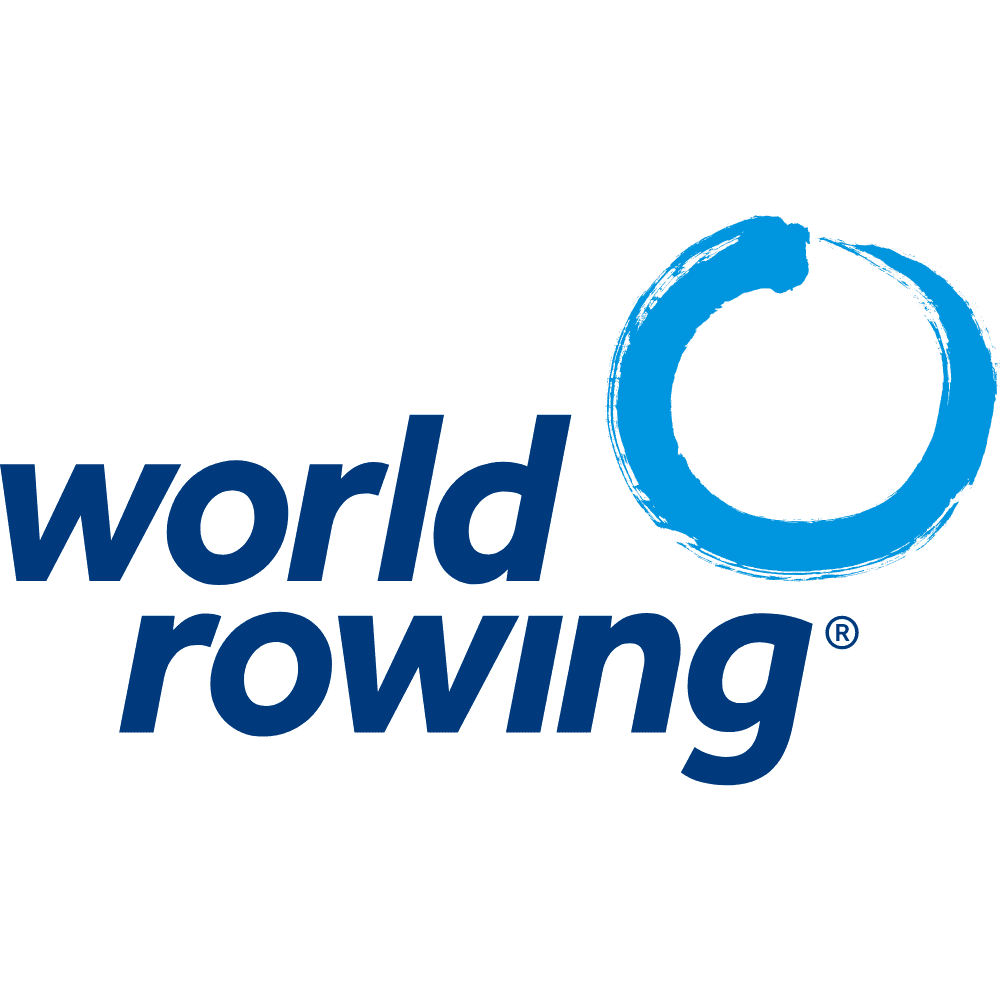
16 Apr 2020
April 2020 : Ilse Paulis (NED)
Athlete of the month – April 2020
Reigning Olympic lightweight women’s double champion Ilse Paulis may have put her dreams of another gold this year on hold but she is has plenty to keep her going. The 26-year-old Dutch medical student is volunteering in health services at home and keeping her training up in a partial lockdown.
World Rowing: What have you been doing since racing was so heavily disrupted by COVID-19?
Ilse Paulis: Cancelling the World Rowing season was a disappointment, but it was the only right decision in my eyes. The COVID-19 pandemic is simply bigger than sport. The decision to postpone the Games was a relief to me, as it took away the pressure of having to prepare for the Olympics in very uncertain circumstances in a suboptimal way. I’m glad that I can now focus on staying safe and healthy and show solidarity with my community. I have continued training, but aside from that I’m registered as a volunteer in medical services. Being a final-year medical student, I feel the need to help out where I can.
WR: What are you doing for training when there are restrictions on movement?
IP: The Dutch government has implemented a partial lockdown. All restaurants and non-essential shops and services are closed, and we are advised to go outside only when necessary. I currently have an ergo and a spinning bike occupying my living room. Luckily my fiancé is also a rower who was preparing for Henley so he doesn’t mind too much. Although the national training centre is closed, Olympians are still allowed to row at the Bosbaan, but only under strict conditions. We can only row in time slots, have to row only in our singles and mind the distance when docking.
Although my training situation is not ideal, the restricting regulations are absolutely necessary and I find myself lucky we can still move around relatively freely. The Dutch rowing federation has taken good care of all athletes – we have been supplied with the endurance equipment we need – and we can also opt in for weekly food box deliveries to make sure we can have good nutrition without leaving the house.
WR: Why did you take up rowing and what inspires you to keep going?
IP: Growing up I tried a lot of different sports, with variable rates of success. I took up rowing through my dad. He is a rower and took me to the rowing club when I was an extremely hyperactive nine-year old to try to tire me out. I was hooked immediately, the feeling of a boat running through water is something I still enjoy very much. As a lot of rowers will recognise, I get a lot of fulfillment from pushing myself to the absolute limit. The burn in your lungs and legs after a hard session is something I get drawn back into and when I can’t train I get really grumpy. At the end of it all though I’m a result-driven person, so achieving my goals of winning the big races internationally is something that motivates me and keeps me coming back for more. A second gold medal in Tokyo is the big focus currently of course.
WR: What is your favourite race of all time (and why)?
IP: The Olympic final in 2016, where Maaike (Head) and I fulfilled our childhood dreams and became Olympic Champions is hands-down the most meaningful. It was a rollercoaster season – as we were not qualified a year before after underperforming at the 2015 World Rowing Championships – so to come out both as European and Olympic Champions at the end was far beyond my hopes and expectations. I’ve always backed myself in a racing situation as I have always been a racer, and our commitment to each other and the project was excellent, but even still it felt surreal to be able to pull it off.
WR: What is your favourite place to train (and why)?
IP: The river Amstel in Amsterdam, boating from my home rowing club ASR Nereus. In the winter season we row in singles on the Amstel and chase each other down the river. I love the combination of teamwork and a bit of cheeky competitiveness. I’m lucky to have some very talented lightweight and openweight scullers to chase up and down. My favourite training camp is the altitude camp in the Sierra Nevada mountains. It is tough, some days you don’t know how you are going to get the work done, but once you have checked it off you really feel you can take on the world.
WR: What is your role in the double?
IP: My role in the team has changed over the years. Leading up to my first Olympics I really was a newbie to elite rowing. Maaike guided me through the whole process as she had been to London 2012 already. When she stepped away from rowing after the Games, I was suddenly the one with a title and the experience. Finding my new role in the team has taken me some time and effort, but it has been a valuable learning experience and I do enjoy the dynamic with my new partner Marieke Keijser.
I strongly believe that team performance is not just based on individual qualities, but more on the ability to get the best out of each other. Marieke and I are very different in our approaches but we are working hard on this topic every day, and this shows in our performances. On a personal level I think I bring steadiness to the team and a never-ending enthusiasm for racing. The one consistent factor in both doubles though is our head coach, Josy Verdonkschot, who has always been there with an expert plan and a push in the right direction.
WR: How are you feeling about the change to the Olympic timing?
IP: This season has been a tough one for me personally, so I see the postponement of the Olympics as a new opportunity to come out better, stronger and faster with a bit of extra time to prepare. It feels like we did a trial Olympic year and I am motivated to work on everything that could have been better. As most rowers, I will miss the thrill of racing in the summer sunshine though and can’t wait to get back into some fierce competition.
WR: What do you do when you are not rowing?
IP: I am not the kind of athlete who can focus exclusively on rowing for a full Olympic cycle. In the last couple of years I have been combining my rowing career with medical school. After the Rio Games I did about two years of clinical rotations. I was training mostly by myself before and after my shifts in the hospital, which was really challenging. Luckily, I received a lot of support from my teammates, coaching staff and family and friends which helped me through. In the lead-up to the Olympics my studies are on pause, as I don’t want to make any compromises. I’m now less than a year away from qualifying as a doctor, but that will also have to be delayed another year.
WR: How do you relax?
IP: My life outside of rowing tends to be very boring. After I’m finished with the day’s training, I don’t really have the energy left to do very exciting things. I love to watch cooking shows (on repeat), play games (Zelda on the Nintendo Switch is currently my favourite) and read the newspaper. In the off-season though I enjoy spending quality time with my partner, family and friends. I also love outdoor adventures, like hiking, mountain biking or road cycling. A few seasons ago I maybe overdid my ‘holiday’ period after the World Champs by going on what was essentially a two-week cycling training camp with my long-suffering partner to the Dolomites. I entered that season fitter than I’d ever been but by Christmas I was struggling. I’ve learned my lesson though and have turned it down a notch in recent years.
WR: Which athlete do you most admire?
IP: I have a lot of respect for all World Rowing athletes, as I know how much our sport takes and asks of you. I do also find inspiration in other sports. Dutch cyclist Annemiek van Vleuten for example, I admire her immense drive and dedication. Her 105km solo ride in the final of the cycling world championships was absolutely legendary.

